After a week of intense violence in the southern Syrian city of Suwayda, the Syrian government announced that clashes had subsided. A ceasefire agreement involving the government, Druze groups, and Bedouin tribes took effect on Saturday and appeared to be holding as of Sunday.
According to Interior Minister Anas Khattab, the Internal Security Forces have successfully restored calm in northern and western Suwayda, with no fresh reports of gunfire. Communication lines with the province, however, remain unreliable, complicating efforts to confirm ongoing stability.
Security Forces Stabilize Suwayda Amid Delayed Prisoner Swap and Blocked Humanitarian Access
Syrian authorities credited the deployment of security forces for the relative calm, describing it as a critical step toward restoring order and facilitating a planned prisoner exchange. Minister Khattab emphasized that this move was essential for curbing the spread of arms and reducing chaos in the region.
The prisoner swap had not yet occurred by Sunday. Meanwhile, U.S. envoy to Syria Thomas Barrack called for a broader de-escalation plan, stressing the need to protect civilians, pause hostilities, and enable humanitarian access.
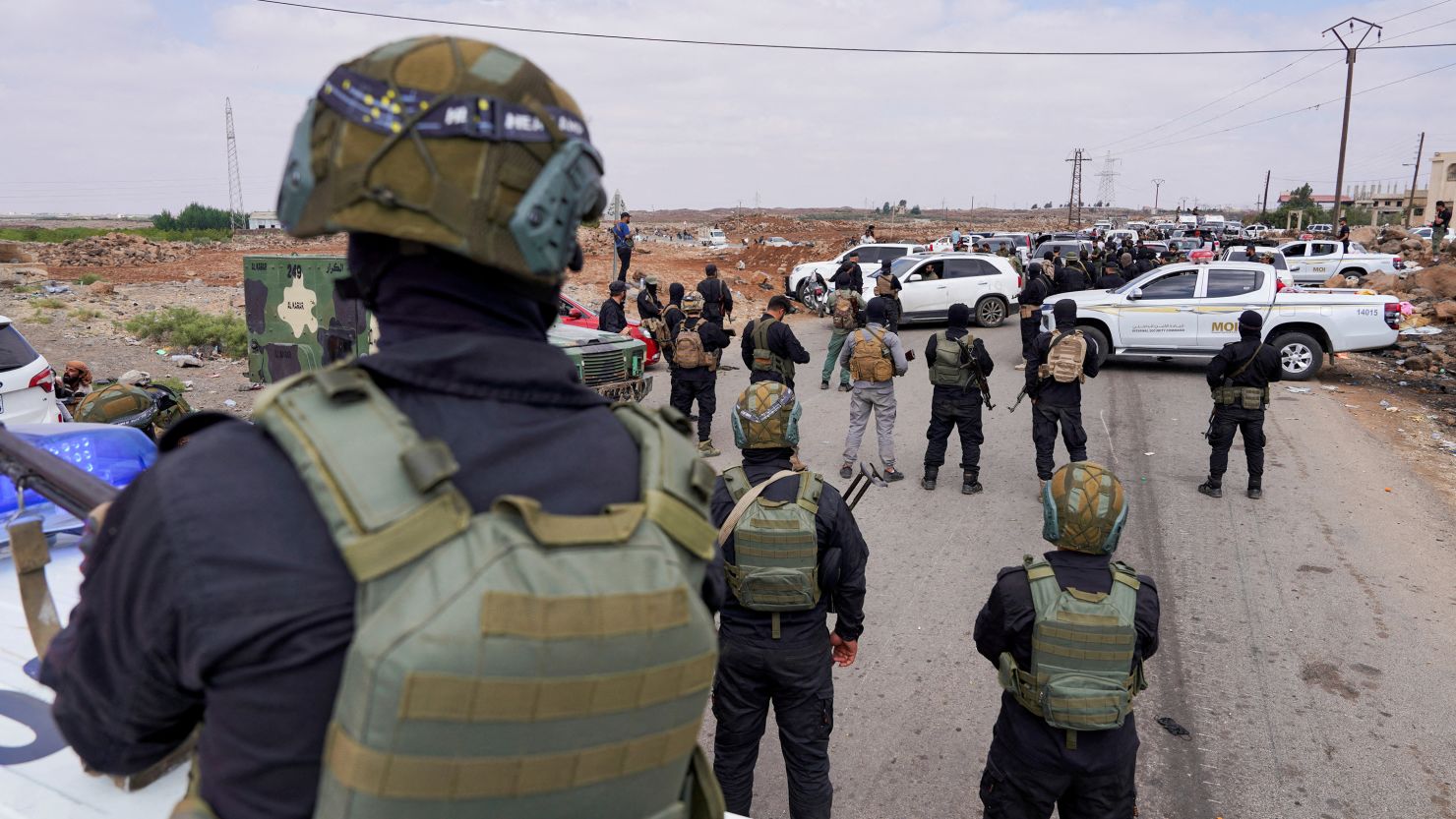
Despite some aid reaching the area, humanitarian operations remain hindered. A convoy from the Syrian Arab Red Crescent successfully delivered food and medicine to Suwayda on Sunday, but the Syrian Health Ministry reported being denied access to other parts of the province.
The U.S. has been vocal in its condemnation of the violence. Secretary of State Marco Rubio urged Syrian authorities to prevent jihadist groups from infiltrating Suwayda and committing atrocities, highlighting growing international concern about the region’s security.
Sectarian Clashes Escalate as Druze-Bedouin Tensions Invite Regional and International Intervention
The recent conflict was sparked by clashes between the Druze and Bedouin tribes, later intensified by Syrian government intervention. The Druze, an insular Arab religious minority, faced off against the semi-nomadic Bedouin, whose familial ties span across Gaza and Egypt’s Sinai Peninsula.
The Spiritual Leadership, a major Druze faction, accused Bedouin fighters of violating the ceasefire and demanded the withdrawal of all Syrian government forces and affiliated militias from Druze areas, illustrating the deep-seated mistrust and sectarian friction.
The Syrian government’s involvement in the Suwayda clashes drew Israeli military action, with airstrikes targeting Damascus on Wednesday. Israel justified the strikes as necessary to defend the Druze and voiced concerns about the new Syrian government, which it believes is influenced by Sunni extremists.
Israeli intervention adds another layer of complexity to the conflict, highlighting how local tensions in Suwayda have rapidly evolved into a situation with broader regional ramifications. The Syrian government continues to assert that re-establishing order in Suwayda is key to national stability.

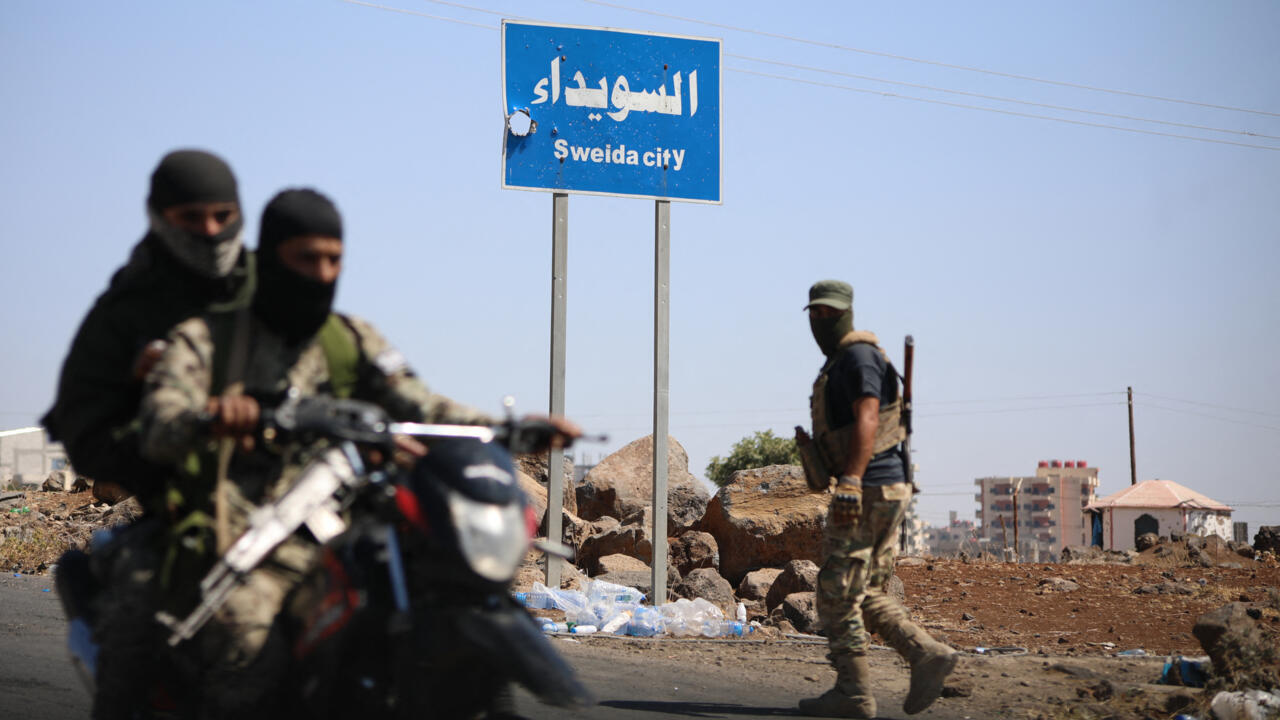





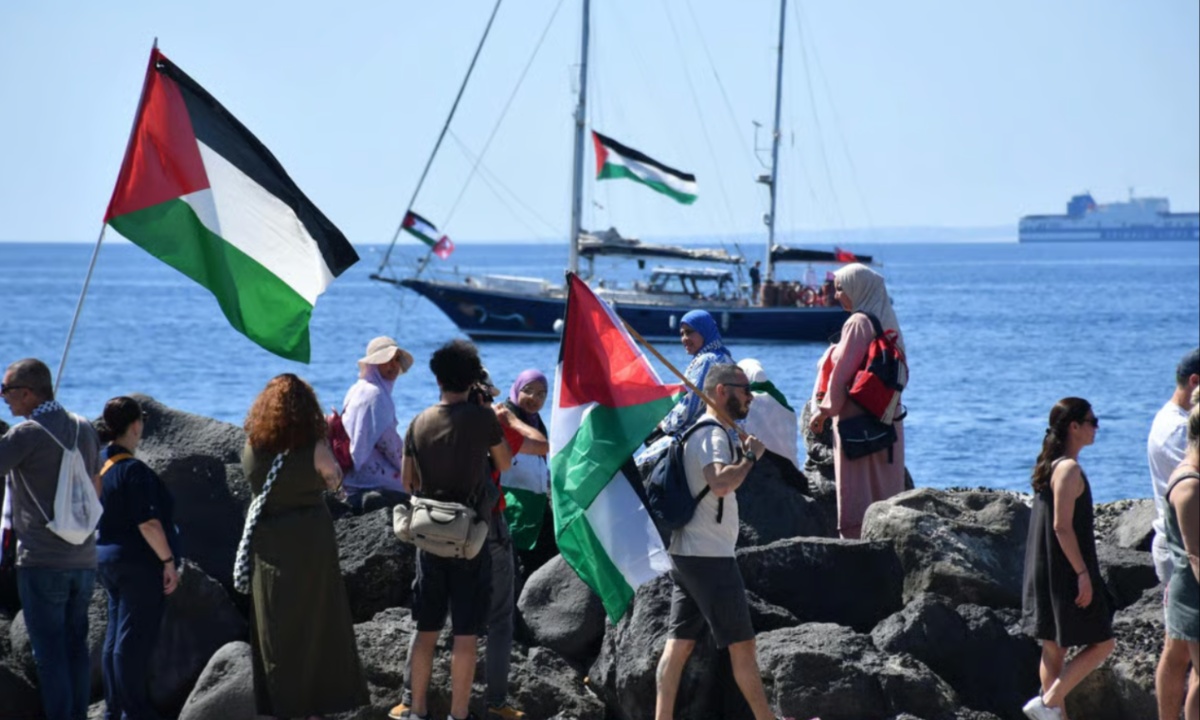
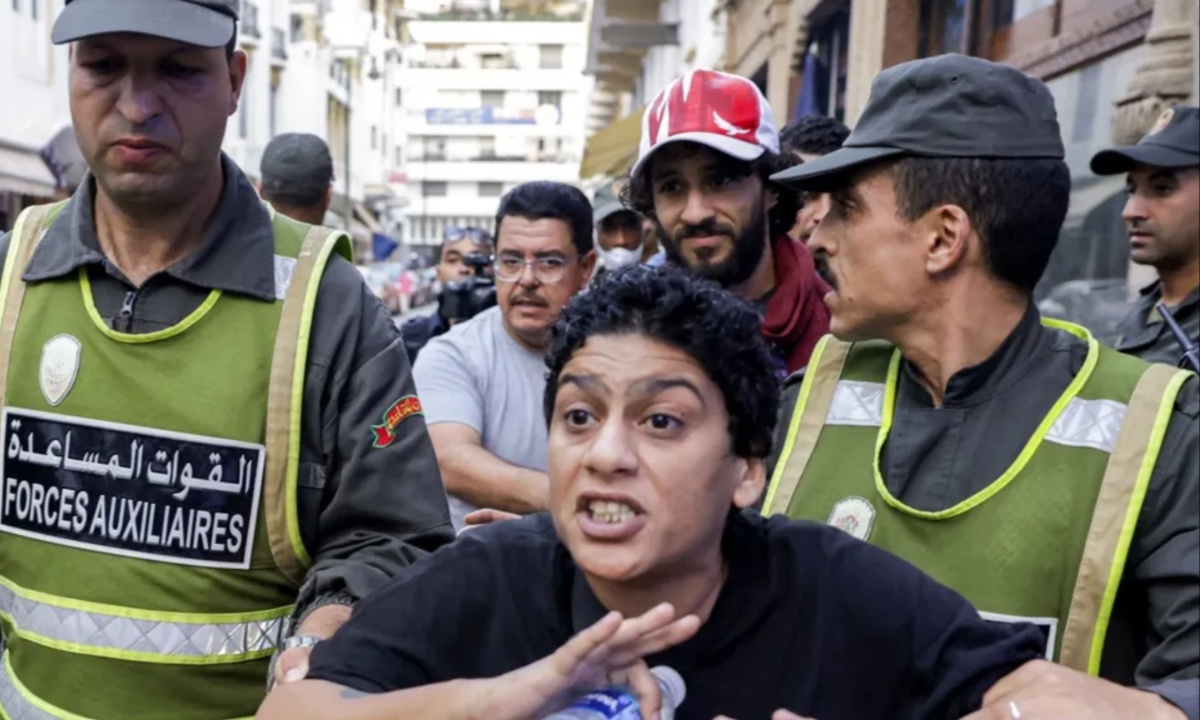
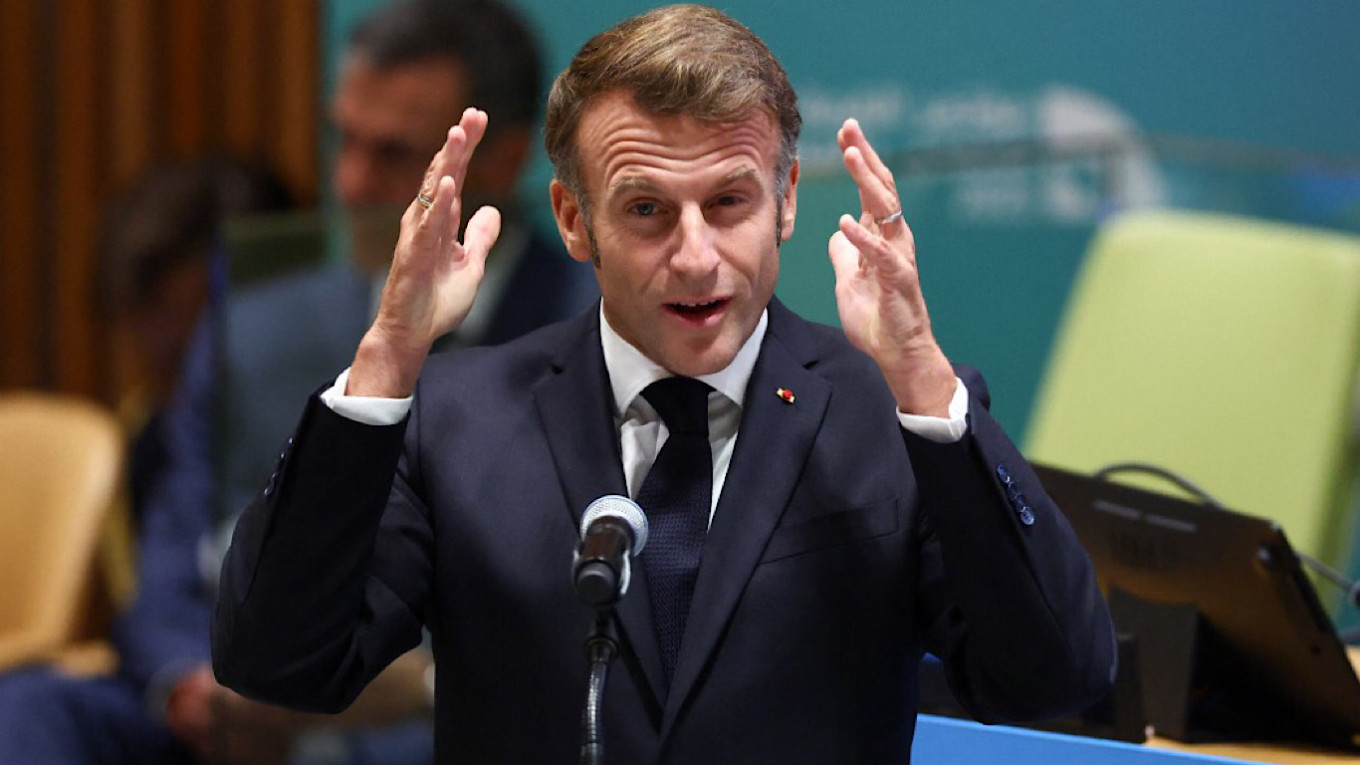
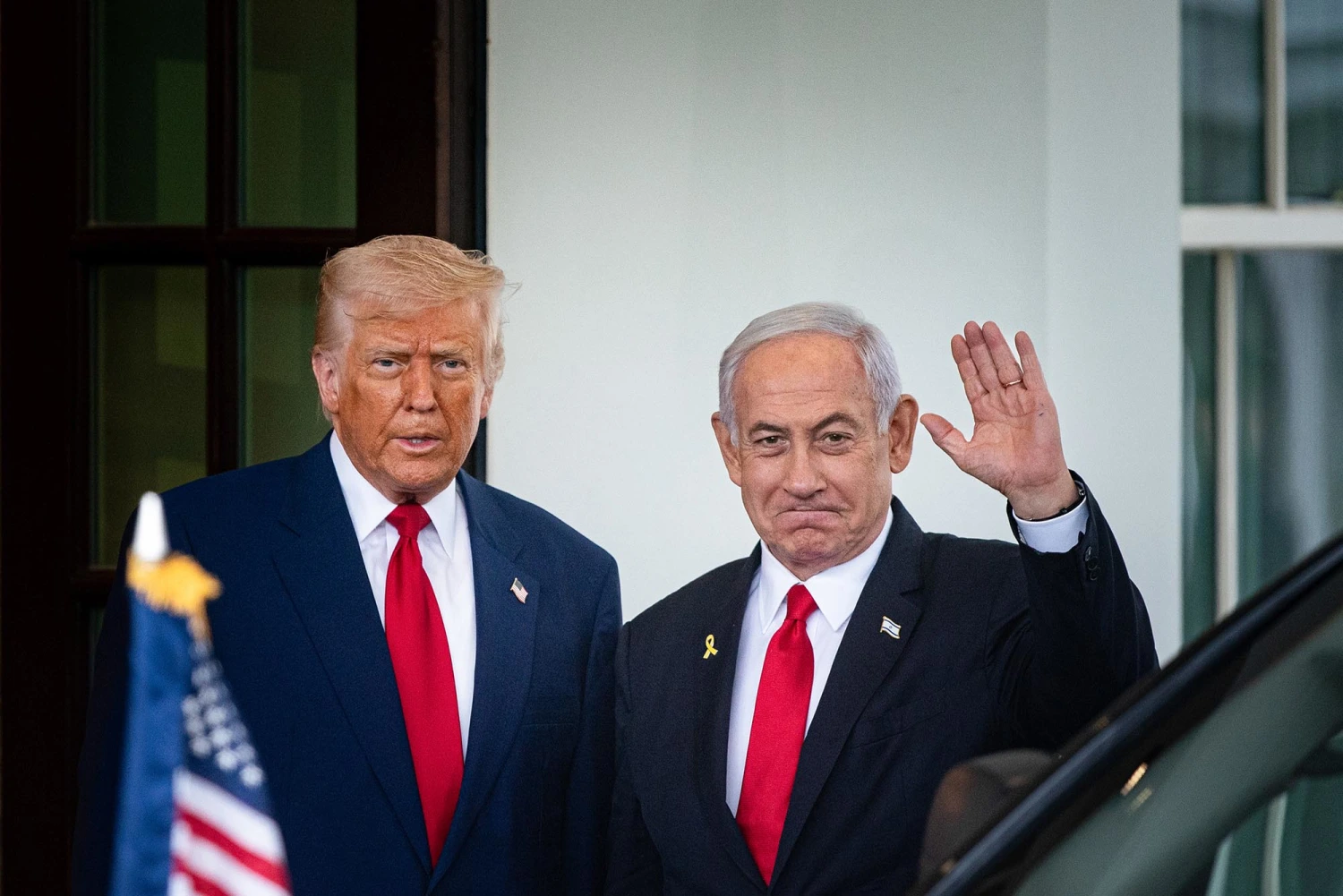
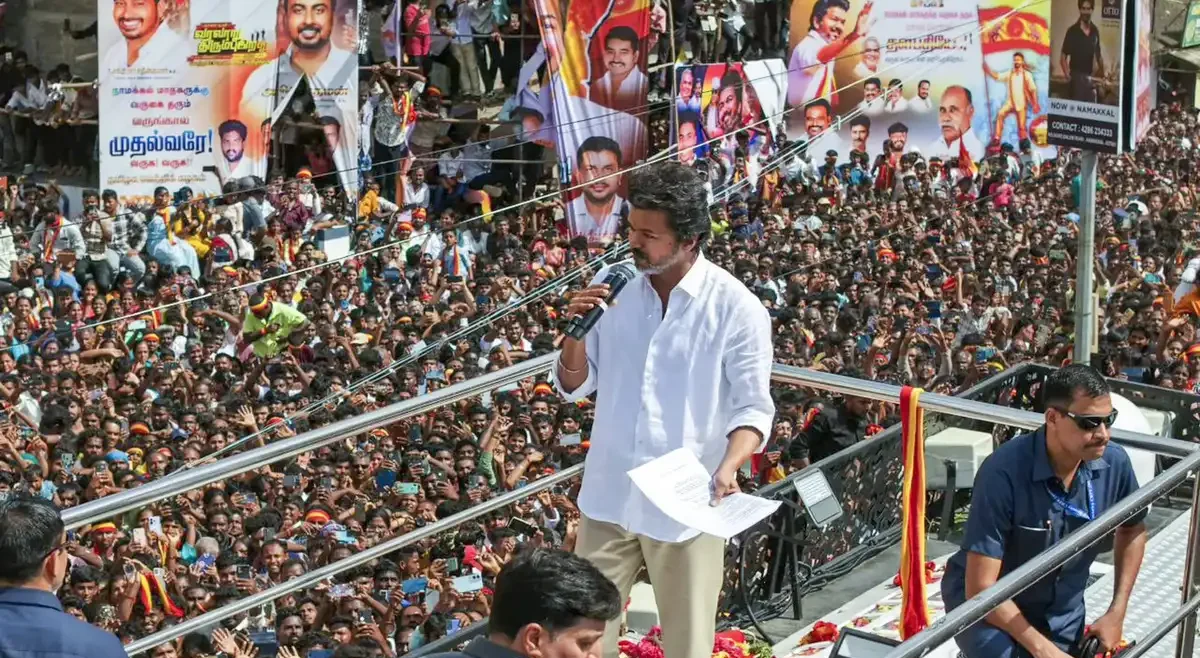
Leave a Reply